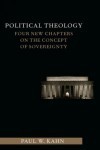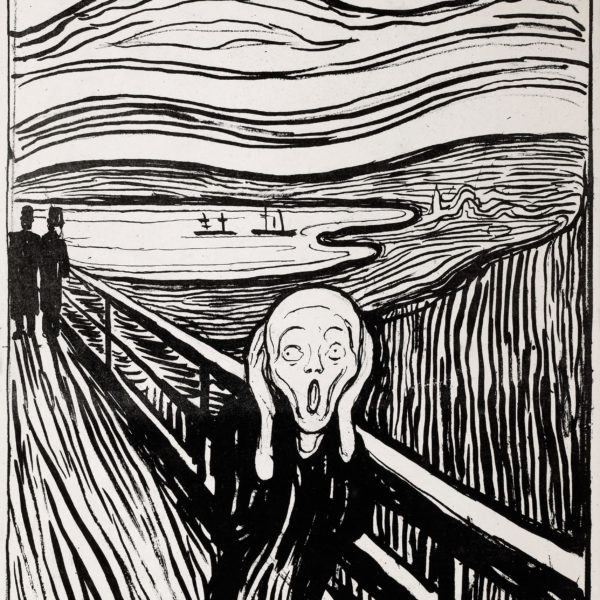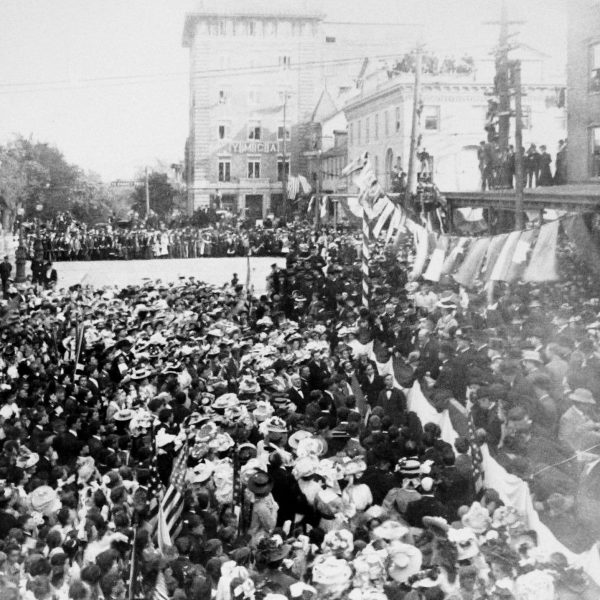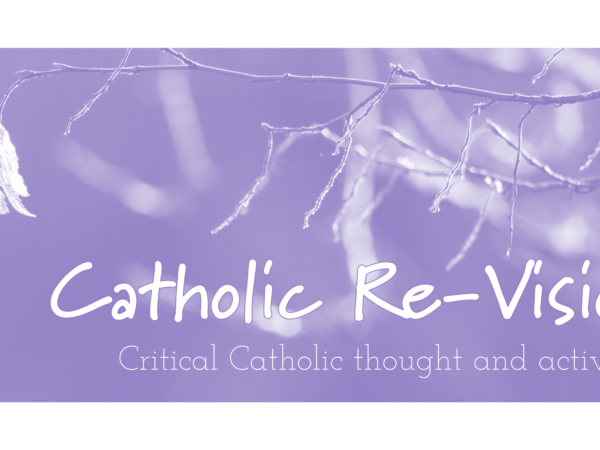
…a certain form of secular, political rhetoric? If the religious content of the categories has been stripped away, leaving only a more or less persuasive analogy between religion and politics,…

…mixed in with different amounts of politics,[iii] for that still conceives religion and politics as two separate concepts. Rather, it asserts that the categories of “religion” and “politics,” supposedly marking…

…white middle class “politics of victimization” and even earlier by Pat Buchanan in the 1990s. Yet while his supporters feel like victims, Trump also assures them that they would be…

…much vaunted progressivist politics that seemed to have finally taken solid root in American political soil with the 2008 election. At the same time, they view it as a victory…

…the toxicity of present day politics, and the countless ideological, soundproof echo chambers in which conveniently situate ourselves make it about as hard for us as it for an alcoholic…

…contrasts Rosenzweig’s “prophetic politics”—a politics framed by divine revelation—with Hannah Arendt’s rational inter-human analysis of political judgment. Resonating with worries about the Star’s political failings expressed in Martin Kavka’s contribution…

The John Cabot University Summer Institute for Religion and Global Politics (May 19 – June 20), co-funded by the European Consortium for Political Research (ECPR), offers graduate students a comprehensive…

…of the “people” in democratic politics. Bretherton’s reflections on economics and politics are worth readers’ careful consideration. I will leave it to them to plumb the depths of those chapters,…



